Αγαπητοί Αναγνώστες,
Η τεχνητή νοημοσύνη βελτιώνει τη σαφήνεια και τη συνοχή των κειμένων μας, χωρίς να αντικαθιστά την ανθρώπινη επιμέλεια και εξειδίκευση.
Διαθέτουμε βαθιά γνώση των θεμάτων μας και στόχος μας παραμένει η παροχή αξιόπιστων πληροφοριών, παρά τυχόν μικρά γλωσσικά σφάλματα.
Για διευκρινίσεις ή πληροφορίες, μη διστάσετε να επικοινωνήσετε μαζί μας.
Σας ευχαριστούμε για την υποστήριξή σας.
Με εκτίμηση,
Education.com.cy
Summary
The future of coding education is evolving rapidly, driven by technological advancements and the increasing demand for digital skills. This article explores the current state of coding education, emerging trends and technologies, challenges and opportunities, and provides case studies and future predictions. It aims to offer practical insights for educators and parents to prepare the next generation for a tech-driven world.
Introduction
Coding education has become a cornerstone of modern education systems worldwide. As technology continues to permeate every aspect of our lives, the ability to understand and create software is increasingly seen as a fundamental skill. This article delves into the future of coding education, examining how it is transforming and what it means for students, educators, and parents.
Main Sections
Current State of Coding Education
Coding education has made significant strides in recent years. Schools and educational institutions have integrated coding into their curricula, recognizing its importance. Programs like Code.org and Scratch have made coding accessible to younger students, while advanced courses in high schools and universities prepare students for careers in technology.
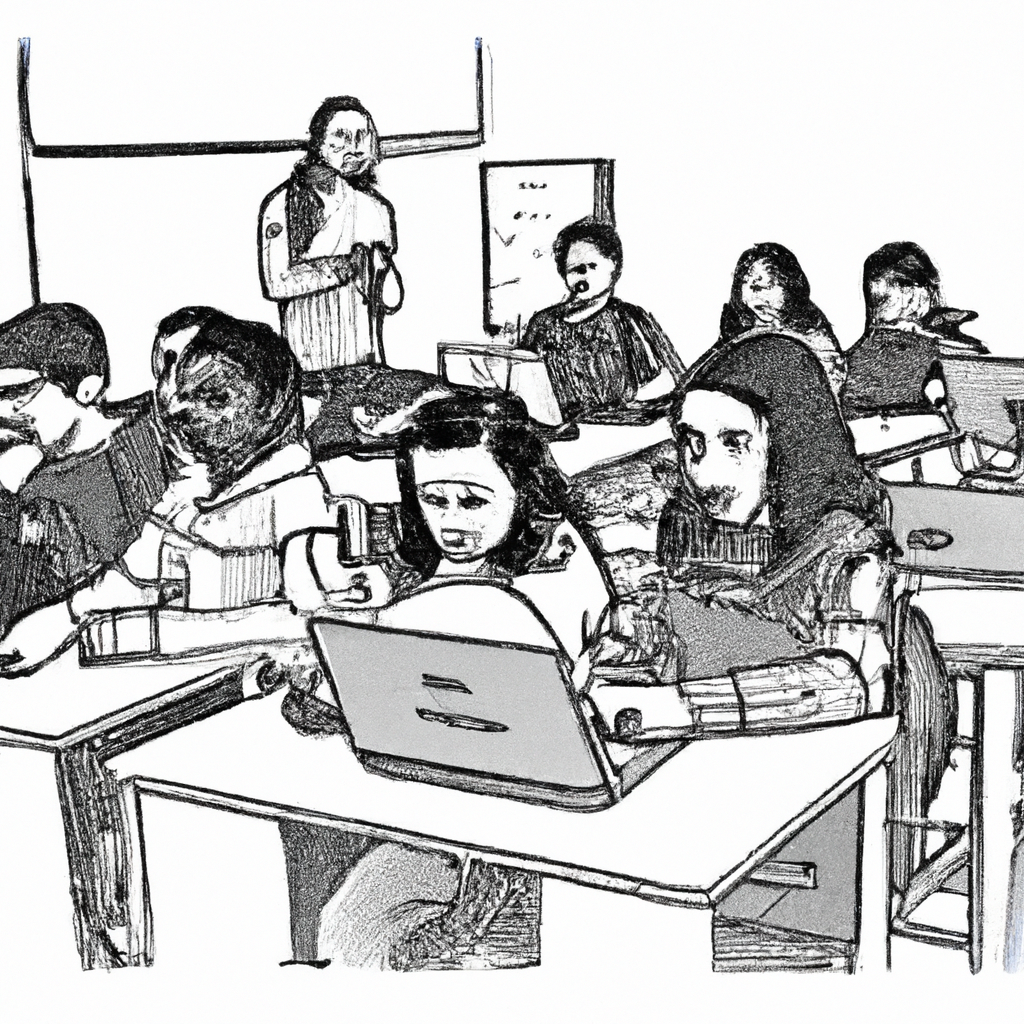
Emerging Trends and Technologies
Several trends and technologies are shaping the future of coding education. These include:
– Gamification: Using game-like elements to make learning coding fun and engaging.
– Artificial Intelligence: AI-driven tools that provide personalized learning experiences.
– Virtual and Augmented Reality: Immersive environments that enhance understanding of complex coding concepts.
– Online Platforms: Websites and apps that offer coding lessons and projects, making learning accessible anytime, anywhere.
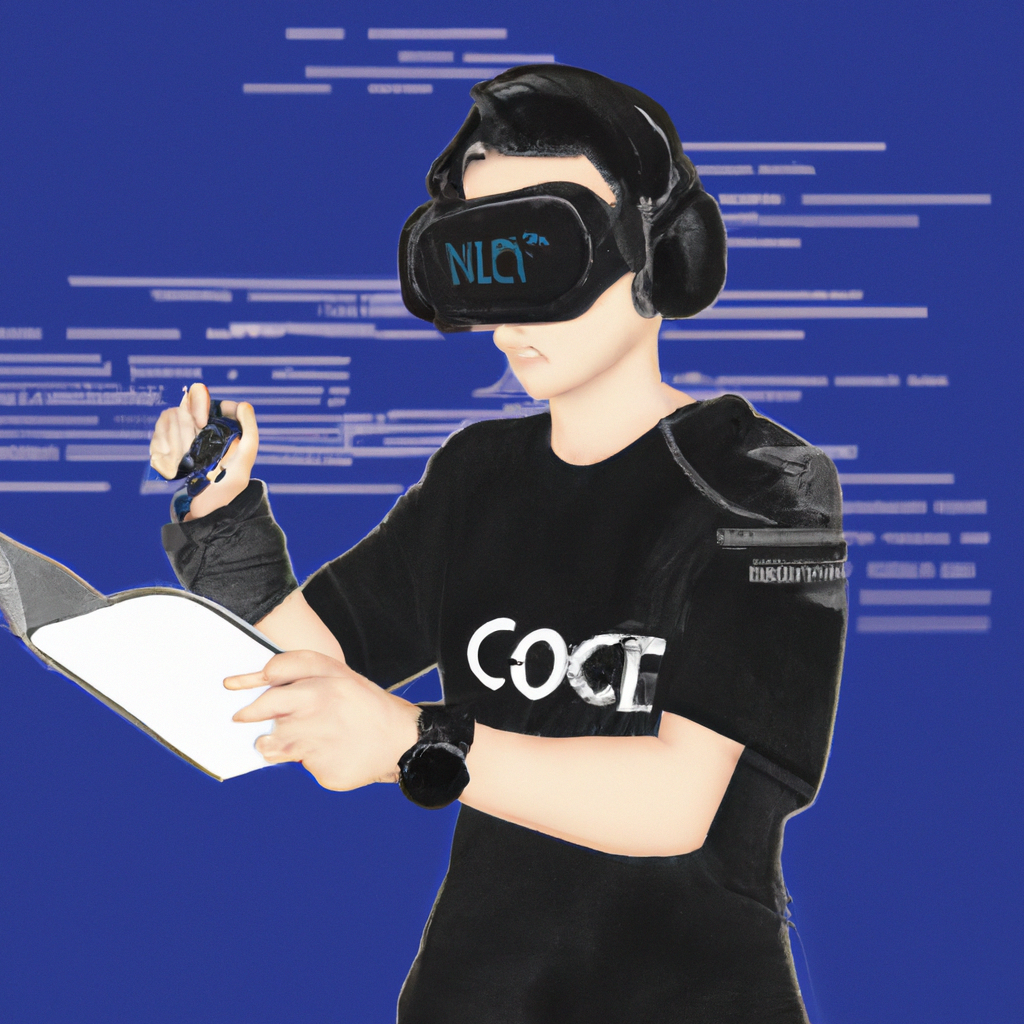
Find out how the strategies discussed in the article
"How Teaching a Song Can Improve Your Child’s Learning and Well-Being"can help address internet addiction in children and teens.
Challenges and Opportunities
While the future of coding education is promising, it faces several challenges:
– Access and Equity: Ensuring all students have access to coding education, regardless of socioeconomic status.
– Teacher Training: Providing educators with the necessary skills and resources to teach coding effectively.
– Curriculum Development: Creating curricula that keep pace with rapidly changing technology.
Opportunities include leveraging technology to bridge gaps in education and fostering a diverse and inclusive tech community.
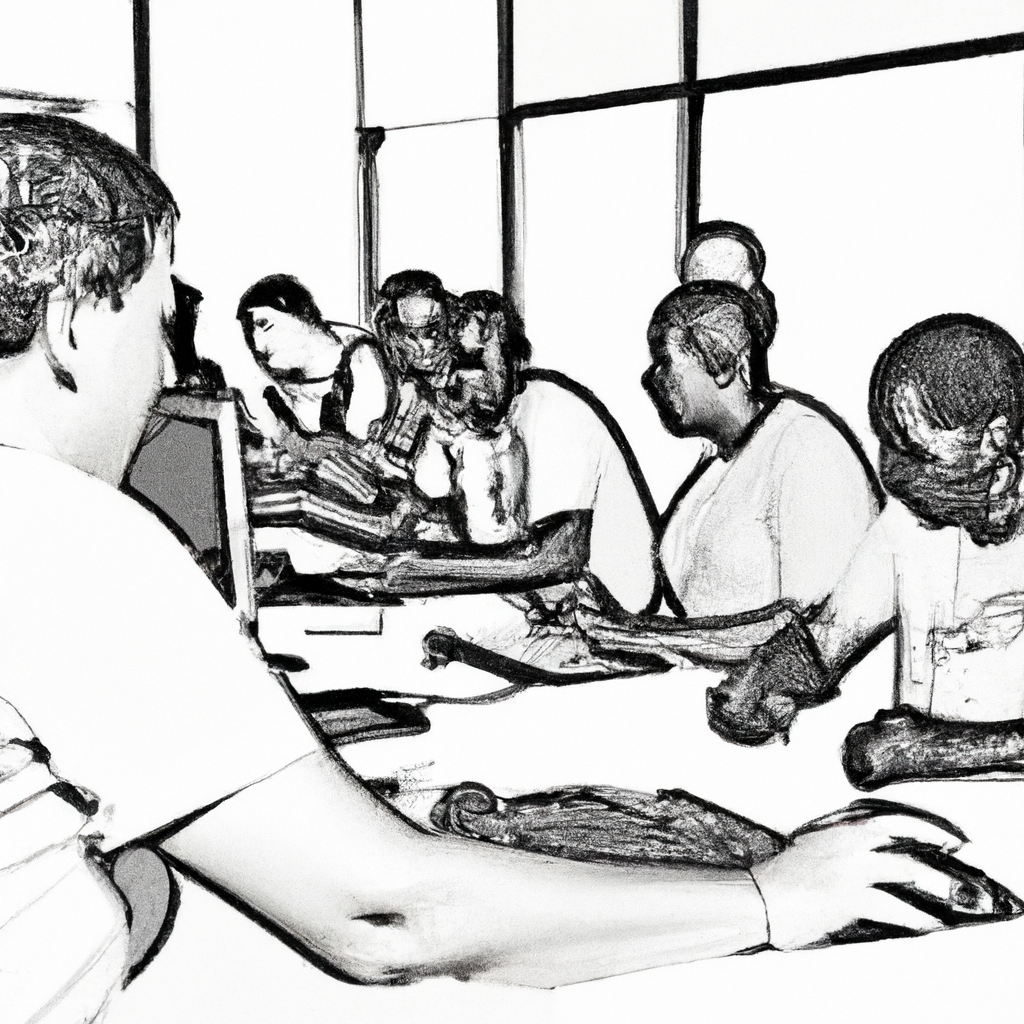
Case /Studies and Success Stories
Several initiatives and programs have successfully integrated coding education into their systems:
– Estonia: A pioneer in coding education, Estonia introduced coding in primary schools as early as 2012.
– Girls Who Code: A nonprofit organization that aims to close the gender gap in technology by providing coding education to girls.
– Code Club: A global network of volunteer-led coding clubs for children aged 9-13.
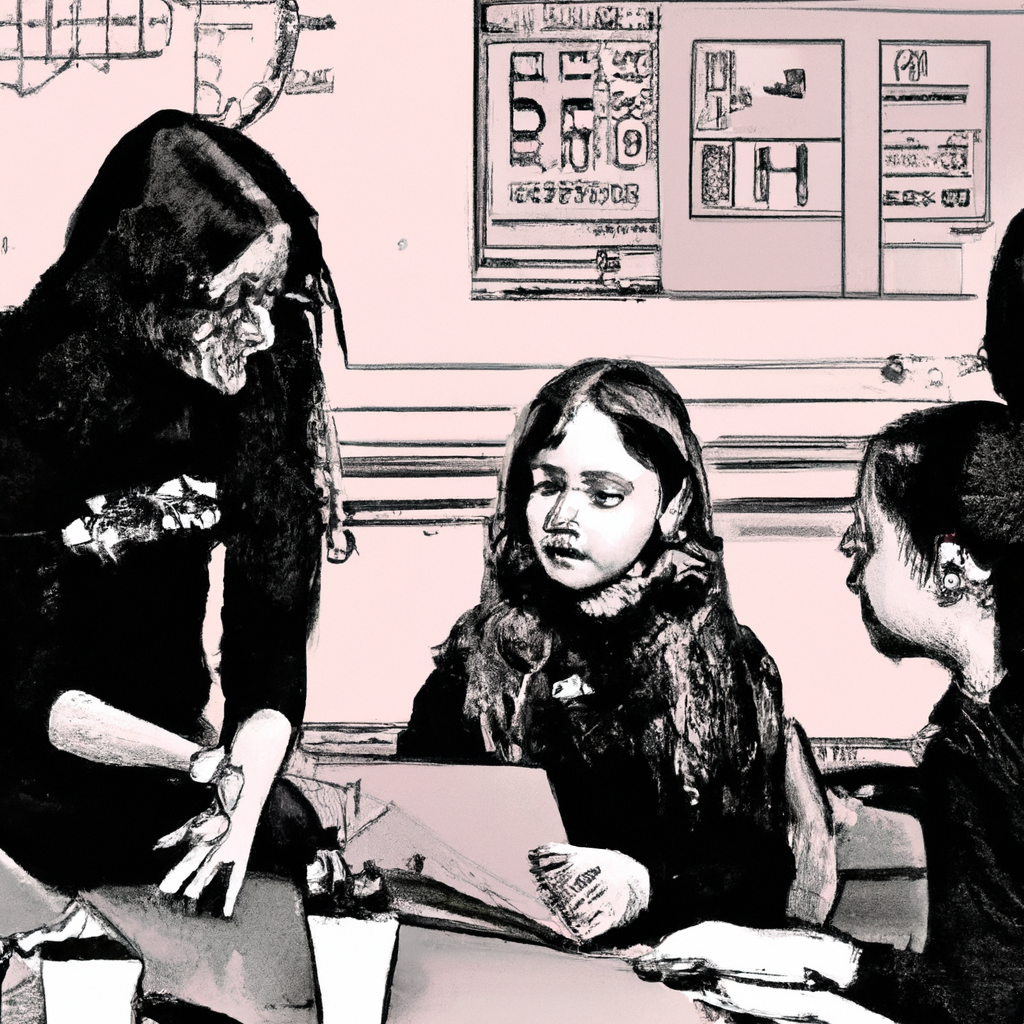
Future Predictions and Recommendations
The future of coding education will likely see:
– Increased Integration: Coding will become a standard part of the curriculum across all education levels.
– Interdisciplinary Learning: Coding will be integrated with other subjects, such as math, science, and art.
– Lifelong Learning: Continuous learning opportunities for individuals to keep up with technological advancements.
Recommendations for educators and parents include staying informed about new tools and resources, encouraging curiosity and creativity, and supporting students in their coding journey.
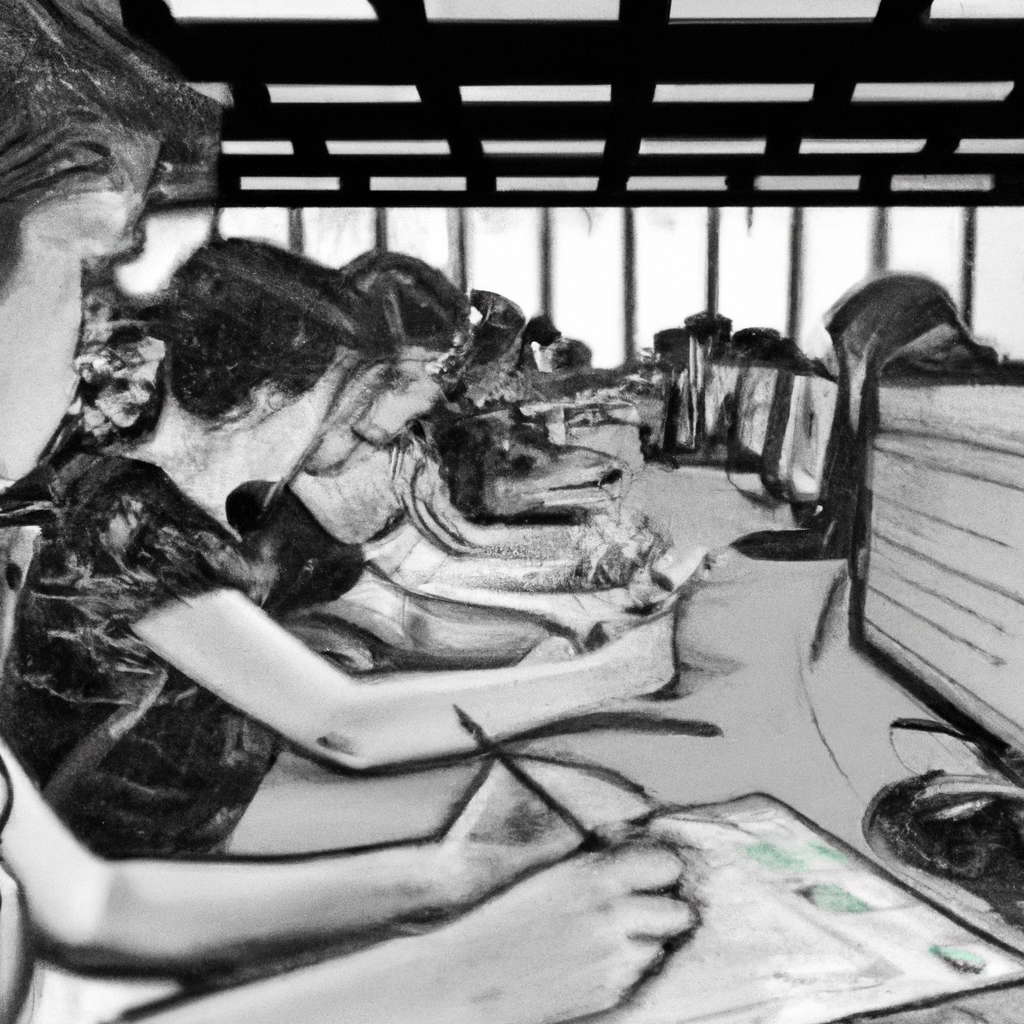
Conclusion
The future of coding education is bright, with numerous opportunities to enhance learning and prepare students for a tech-driven world. By addressing challenges and embracing emerging trends, educators and parents can play a crucial role in shaping the next generation of innovators and problem-solvers.
Illustration of a diverse group of students graduating, holding diplomas and coding-related symbols, symbolizing their readiness for the future.
Thank you for reading our article on The Future of Coding Education. We highly value your feedback and invite you to take a brief survey to share your thoughts and experiences. Your responses will be kept confidential.
Dear Readers,
Welcome to my blog, where technology, music, and visual arts come together to spark creativity and growth. By subscribing, you’ll become part of a vibrant community committed to exploring and learning in these areas.
Select the type of engagement that suits you best:
Join us and enjoy tailored content and direct support suited to your interests.
